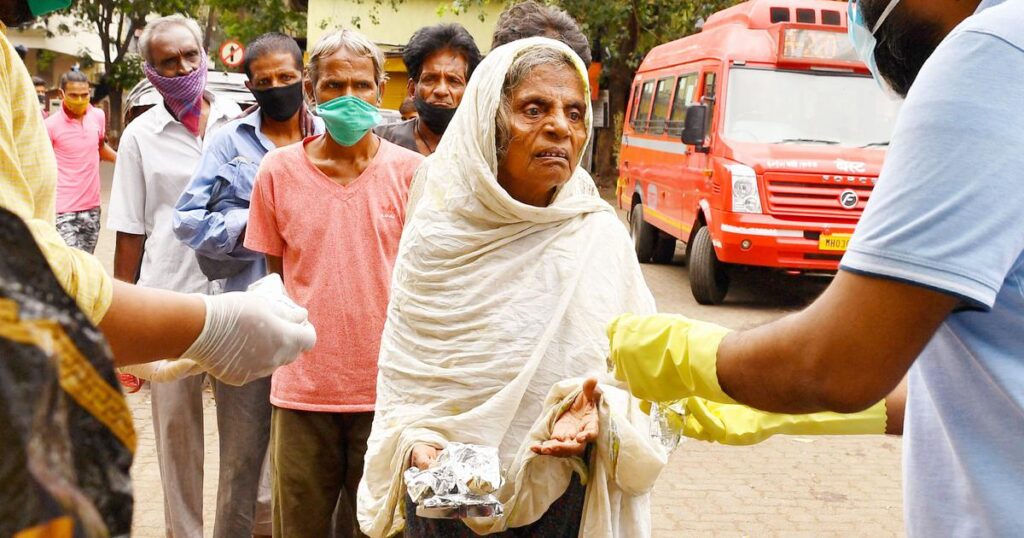Unveils Impact of Food Insecurity and Environmental Degradation on Health in South Asia : Study
Considerably, the rate of hunger has shown a narrowing trend in Nepal, the Maldives, and Bhutan in recent years. However, India and Bangladesh are anticipated to grapple with persistently high hunger rates in the years to come.

A recent study delves into the intricate dynamics between food insecurity, environmental degradation, institutional quality, and health outcomes in South Asia, shedding light on critical areas requiring policy intervention.
Research Objective and Methodology:
The study, spanning from 2000 to 2021, aims to dissect the effects of food insecurity and environmental degradation on health indicators amidst global inflationary shocks and institutional quality arrangements. Utilizing a two-step system generalized method of moment technique, the research incorporates a novel variable representing inflationary shocks and formulates an aggregate institutional quality index.
Key Findings:
Results indicate that undernourishment prevalence, inequality in calorie intake, and CO2 emissions significantly reduce life expectancy and escalate mortality rates. Conversely, factors such as per capita kilocalorie supply, GDP, health expenditures, and urbanization correlate with improved life expectancy and decreased mortality rates. Moreover, inflationary shocks exacerbate food insecurity and environmental challenges, further straining health outcomes. Notably, institutional quality emerges as a significant factor, influencing both positive and negative health trends while also moderating the nexus between food insecurity, environmental degradation, and health outcomes.

Implications and Policy Recommendations:
The study underscores the pressing health challenges posed by food insecurity, environmental factors, and vulnerability to global shocks in South Asia. Poor institutional quality exacerbates these issues, highlighting the need for targeted policy interventions. Recommendations include bolstering institutional capacity to mitigate health risks, investing in sustainable development to combat environmental degradation, and implementing measures to buffer against inflationary shocks.
Novel Contribution to Literature:
This study contributes to the scholarly discourse by providing a focused examination of South Asia, an area underrepresented in existing research. Additionally, the development of innovative predictors such as the inflation uncertainty index and institutional quality index offers valuable insights for policymakers navigating complex health challenges in the region.
In sum, the study underscores the urgent need for comprehensive policy interventions to address food insecurity, environmental degradation, and institutional deficiencies, ultimately improving health outcomes across South Asia.




